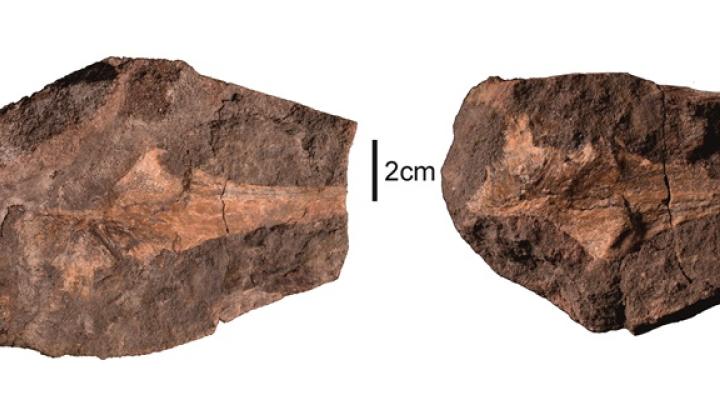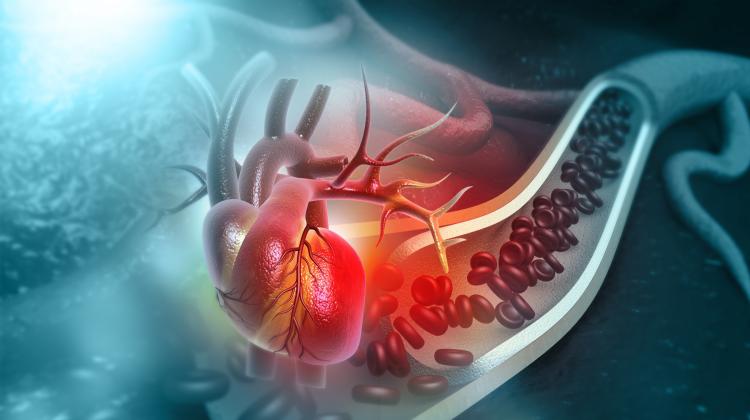The drugs don’t work! Scientists warn that mifepristone develops certain cancers instead of treating them
 Credit: Fotolia
Credit: Fotolia
A potential anti-cancer drug which is gaining widespread attention could actually develop certain cancers, Polish scientists have warned.
Mifepristone which has a strong anti-progesterone effect and inhibits the multiplication of neoplastic cells in vitro is currently undergoing clinical trials for the treatment of lung and prostate cancer.
But scientists from the Institute of Animal Reproduction and Food Research PAS say it could be detrimental to testicular and ovarian cancers and should not be used in such therapy.
Dr. Donata Ponikwicka-Tyszko from the Institute said: “We noticed this unfavourable effect in our research with an experimental model of ovarian and testicular cancers in mice treated with mifepristone. There was no therapeutic effect, and the tumours even grew.”
Because progesterone stimulates the growth of certain cancers, including ovarian and testicular cancers, it was thought that mifepristone would block progesterone receptors.
However, the results of the clinical trials conducted so far in the treatment of ovarian, breast and endometrial cancers are far from optimistic.
Dr. Ponikwicka-Tyszko said: “We have shown in vitro that the concentrations that cause the inhibitory effect to which the cells are exposed are unattainable in the body, and even if they were, it would be highly toxic.”
She added that mifepristone is rapidly metabolized in the body and the tumour is exposed to significantly lower concentrations meaning that mifepristone does not act through nuclear receptors, but activates the membrane progesterone receptor (PGRMC1) and tumour promoting pathways, mimicking the action of progesterone.
The research shows that in those tumours that have low or no expression of the nuclear progresterone receptor, and high expression of the PGRMC1 membrane receptors, mifepristone therapy has no chance of success.
The results of research involving scientists from the Institute of Animal Reproduction and Food Research PAS, the Medical University of Białystok and the University of Turku in Finland, were published in the journals Ebiomedicine and Cancers.
PAP - Science in Poland, Ludwika Tomala
lt/ zan/ kap/
tr. RL
Przed dodaniem komentarza prosimy o zapoznanie z Regulaminem forum serwisu Nauka w Polsce.



















